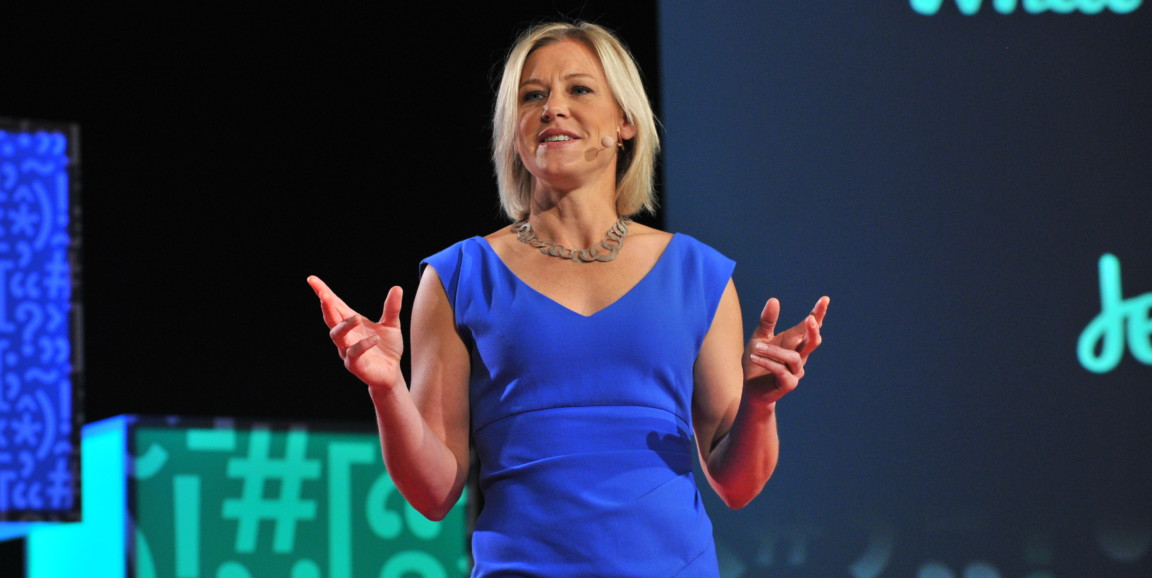Big data is not terribly useful as a giant lump of numbers, but when broken down into discrete pieces or trends, it can bring invaluable insights to the health care conversation, Jennifer Schneider, MD, chief medical officer at Livongo told me recently.
At Livongo, Schneider and her team are striving to use smart digital technologies to improve human health, particularly to empower individuals with chronic disease to better manage their conditions.
Schneider will be speaking at the Big Data in Precision Health conference on May 24 and I recently caught up with her to learn more.
How do you and your colleagues use immense data sets?
The way that we use big data is frankly very unique. We have hundreds of thousands of people who use our products — for example blood glucose meters, blood pressure cuffs and scales that are connected to a larger database that we can access. So we're able to receive information around these vital signs for each individual member, as well as some additional contextual information about how they're feeling at the time of the reading.
We take all of that data and we look at the trends. Then we generate insights to deliver back to our members to drive behavior change. We use a reinforcement learning platform where we look at the data, generate multiple different personalized messages to send back to our members and then learn what works best for which member. So our system is continuously getting smarter.
What topics will you address at the conference?
I plan to discuss precision medicine, and how right out of the gate it was really focused on lab values and genetic differentiation. But now we are in an era of precision health. And the reality is, it's not always genetics, but rather lifestyle and behavior that drives outcomes, so getting incredibly personalized in these spaces is paramount.
And if you think about where precision medicine (not precision health) could have the biggest impact, it's not in rare diseases, or in the lab where you're making new and novel molecules. It's really around the questions, 'Can we deliver individualized recommendations for people with chronic conditions, such as diabetes, hypertension, obesity and mental health? And can we actually leverage data to really influence and change the behaviors of people?'
How do you connect that data back to individuals?
When I think about precision health, I think about what a good doctor does. When someone comes into their office, a good doctor is influential not solely because they understand medicine. They don't just look at your vitals and prescribe you medications.
A really good doctor understands the context in which the patient lives — if they have a dog, what their family situation is like, what really motivates an individual. So we're leveraging the mass amounts of data that we have to deliver personalized impactful messages back to our members.
What are you most looking forward to at this year's Big Data conference?
It's really about learning from my colleagues — what's working, and frankly, what's not working. I feel like I learn just as much from talking about what didn't work. Sure, we hear all these success stories, and we can tout that, but I love to hear what the lessons learned are so that we can really help the overall health care industry.
Photo courtesy of Jennifer Schneider




